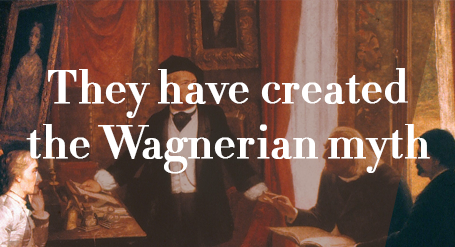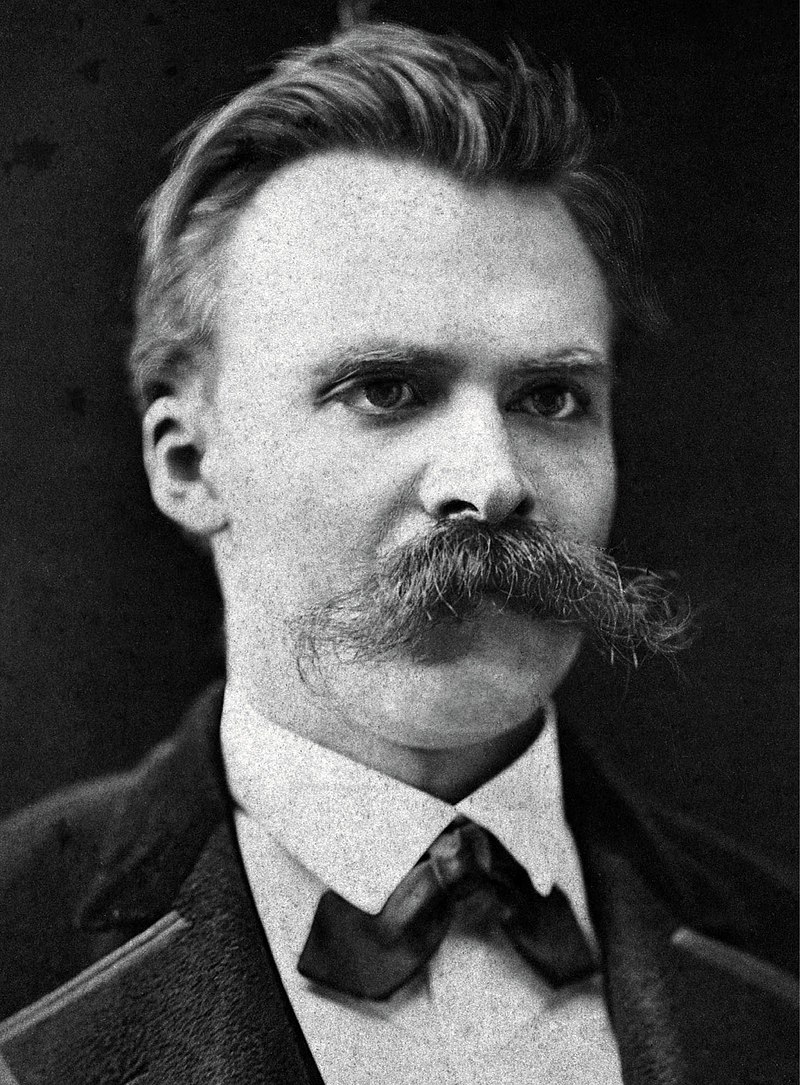
If Wagner was the cultural and musical chronicler of his time, if he remained a revolutionary activist, he had also gone into the act of police, and if he was finally his master of Bayreuth celebrated as the one of the major artist of his At the time, the illustrious composer did not live before a man made of chair and blood, animated by passions, with a sometimes violent, sometimes facetious, and sometimes tender character.
NIETZSCHE Friedrich Wilhelm
(born on 15. October 1844 – died on 25. August 1900)
Friedrich Wilhelm Nietzsche (15. October 1844 – 25. August 1900) was a German philosopher, cultural critic, composer, poet, philologist, and Latin and Greek scholar whose work has exerted a profound influence on Western philosophy and modern intellectual history. He began his career as a classical philologist before turning to philosophy. He became the youngest ever to hold the Chair of Classical Philology at the University of Basel in 1869 at the age of 24. Nietzsche resigned in 1879 due to health problems that plagued him most of his life; he completed much of his core writing in the following decade. In 1889 at age 44, he suffered a collapse and afterward, a complete loss of his mental faculties. He lived his remaining years in the care of his mother until her death in 1897 and then with his sister Elisabeth Förster-Nietzsche. Nietzsche died in 1900.
Nietzsche’s body of work touched a wide range of topics, including art, philology, history, religion, tragedy, culture, and science. His early inspiration was drawn from figures such as Arthur Schopenhauer, Richard Wagner and Johann Wolfgang von Goethe. His writing spans philosophical polemics, poetry, cultural criticism and fiction while displaying a fondness for aphorism and irony. Prominent elements of his philosophy include his radical critique of truth in favor of perspectivism; his genealogical critique of religion and Christian morality and his related theory of master–slave morality; his aesthetic affirmation of existence in response to the “death of God” and the profound crisis of nihilism; his notion of the Apollonian and Dionysian; and his characterization of the human subject as the expression of competing wills, collectively understood as the will to power. He also developed influential concepts such as the Übermensch and the doctrine of eternal return. In his later work, he became increasingly preoccupied with the creative powers of the individual to overcome social, cultural and moral contexts in pursuit of new values and aesthetic health.
Nietzsche was explicitly opposed to antisemitism and nationalism, although his sister attempted to associate his work with fascism and Nazism.
Nietzsche’s thought enjoyed renewed popularity in the 1960s and his ideas have since had a profound impact on 20th and early-21st century thinkers across philosophy—especially in schools of continental philosophy such as existentialism, postmodernism and post-structuralism—as well as art, literature, psychology, politics and popular culture.
This article does not yet exist in the language you requested.
If you wish to share with us your knowledge on this subject and thereby enrich our collection, please feel free to contact us to join our editorial team.
In the meantime, we invite you to discover this article:
– in its French version;
– in its German version;Thank you in advance for your collaboration.
If you wish to share further information about this article, please feel free to contact us !
